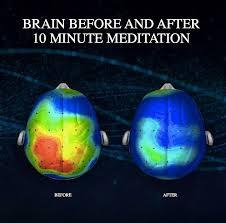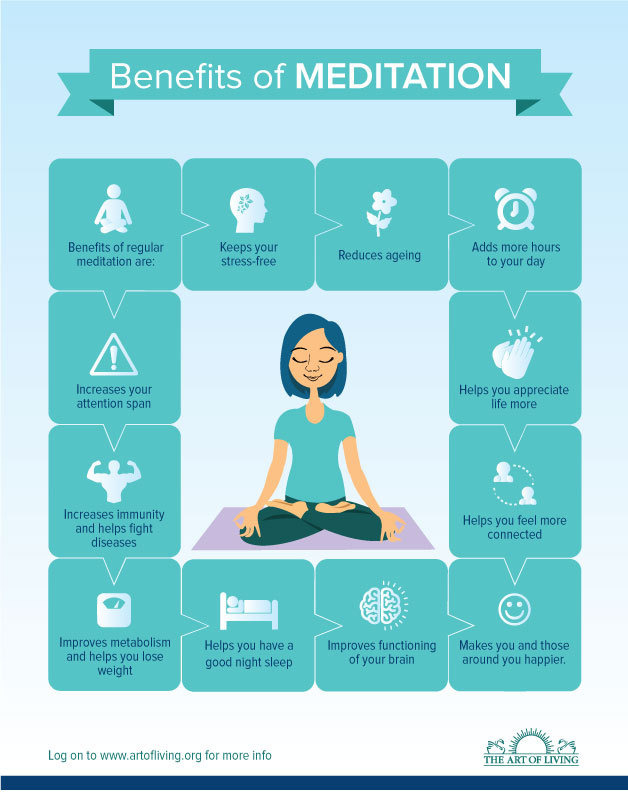Have you ever had a mindful experience? You know, one of those moments when your surroundings blend and meld together, almost melt away and you have supreme and utter focus on the thing you are doing? Some experience it when they are doing something they love and others when they are doing strenuous workouts. These mindful moments have many names: “Runners high,” “In the zone,” “The moment,” “Focused”…
Wouldn’t it be great if you could have that kind of presence 100% of the time? Allowing your entire being to experience and comprehend your surroundings without wheeling back at every grievance and crazy experience that jars your life. How freeing would it not be bothered by your inner voice?
Physiology Today defines Mindfulness as, “…A state of active, open attention on the present. When you’re mindful, you observe your thoughts and feelings from a distance, without judging them good or bad. Instead of letting your life pass you by, mindfulness means living in the moment and awakening to experience.”
Mindfulness is not just a philosophical state of mind. It has been proven, through countless studies, to be not only helpful psychologically but also anatomically. One of the most recent studies in the field was conducted by Harvard researchers. That study found that meditation literally rebuilds the brains grey matter in just eight weeks.(1)

“Although the practice of meditation is associated with a sense of peacefulness and physical relaxation, practitioners have long claimed that meditation also provides cognitive and psychological benefits that persist throughout the day. This study demonstrates that changes in brain structure may underlie some of these reported improvements and that people are not just feeling better because they are spending time relaxing.” – (1) Sara Lazar of the MGH Psychiatric Neuro imaging Research Program and a Harvard Medical School Instructor in Psychology.
The study involved taking magnetic resonance images (MRI) of the brain’s of 16 study participants two weeks prior to participating in the study. MRI images of the participants were also taken after the study was completed.
“The analysis of MR images, which focused on areas where meditation-associated differences were seen in earlier studies, found increased grey-matter density in the hippocampus, known to be important for learning and memory, and in structures associated with self-awareness, compassion and introspection.” (1)
For the study, participants engaged in meditation practices every day for approximately 30 minutes. These practices included focusing on audio recordings for guided meditation, non-judgmental awareness of sensations, feelings and state of mind.
“It is fascinating to see the brain’s plasticity and that, by practicing meditation, we can play an active role in changing the brain and can increase our well-being and quality of life. Other studies in different patient populations have shown that meditation can make significant improvements in a variety of symptoms, and we are now investigating the underlying mechanisms in the brain that facilitate this change.” (1) Britta Holzel, first author of the paper and a research fellow at MGH and Giessen University in Germany.
Meditation is of course incredible help to an individuals peace of mind. One example of this is the research the Transcendental Meditation foundation is doing through its outreach prison program in the US:
“Over the past 35 years, the Transcendental Meditation techniquehas been taught to inmates and guards in some of America’s toughest prisons, including San Quentin, Folsom and Walpole, with dramatic benefit. Key results include: More than a 30% reduction in recidivism rates, fewer rule infractions in prison, less criminal thinking, psychological distress and trauma symptoms, decreased anxiety, depression, fatigue and anger and increased spiritual well-being, optimism and purposefulness.” (3)
While I have only mentioned two sources the research studies supporting meditation and it’s healing effects are numerous. Meditation is incredible for everyone. No matter your goals in life, meditation can help you attain them by helping you to hone your focus and relax your mind.

I recommend to many of my patients to try meditation or some form of breathing exercise but it is hard to continue your practice without support. If you are looking for a group of like minded, English speaking, individuals in Japan to hone or even begin your meditation practice with then I recommend the following short list. If you know any other places offering English speaking, guided meditation courses in the greater Tokyo area than please let me know.
Vipassana – Kyoto and Chiba
FISU Meditation Japan
Tokyo Meditation
meetup.com – Has a variety of meditation groups

By Heather Suzuki, Acupuncturist
Resources:
http://news.harvard.edu/gazette/story/2011/01/eight-weeks-to-a-better-brain/
https://www.davidlynchfoundation.org/research.html






コメント